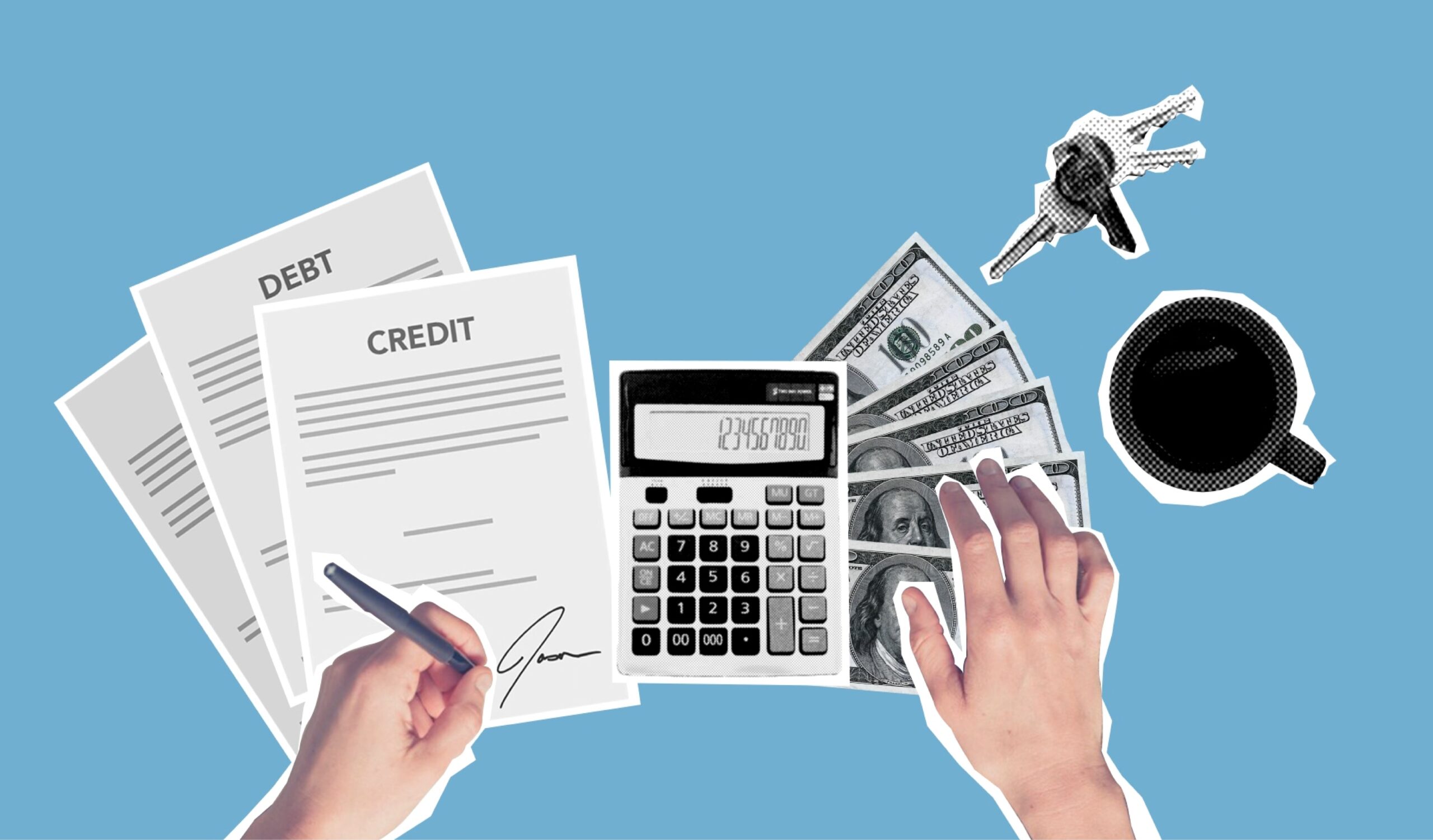Protect Your Credit With a Free Credit Freeze

Identity theft is a growing crime. Every day, people wake up to find new loan or credit card accounts opened in their name. They didn’t open them, but someone else had enough of their personal info to open new, fraudulent accounts.
It’s important to protect your credit report and score.
Credit reports and scores are widely used and not just by creditors. Employers, landlords, insurance companies, and even cell phone companies use credit reports and scores. They can affect employment, housing, and the amount you pay for goods, services, and loans.
Did you know a free credit freeze is one of the best tools out there to protect your credit?
Credit freezes, also known as security freezes, restrict access to your credit file even by valid creditors until you “unfreeze” or “thaw” your report.
Since 2018, federal law guarantees you can freeze and unfreeze your credit file for free. You can also put freezes in place for minors under the age of 16. Minors can also be victims of identity theft, so a freeze is a great idea for your kids as well.
What if you need to “thaw” your credit in order to make a purchase or a loan?
Thaws are allowed and have been built into the system. When you need to apply for new credit, you can temporarily lift your credit freeze. Each credit bureau has its own process.
Ready to freeze your credit?
Here’s how the Consumer Financial Protection Bureau (CFPB) recommends you freeze your credit:
- Contact all three of the nationwide credit reporting agencies—Equifax, Experian, and TransUnion.
- If you request a freeze online or by phone, the agency must place the freeze within one business day. If you request a lift of the freeze, the agency must lift it within one hour.
- If you make your request by mail, the agency must place or lift the freeze within three business days after it gets your request. You also can lift the freeze temporarily without a fee.
Don’t mistake a credit freeze and a credit lock.
This money-saving tip also comes from the CFPB, the Federal Government’s consumer watchdog. Don’t confuse freezes with locks. The method they use to restrict access to your credit is nearly the same. However, credit bureaus often charge a fee for the lock. The credit freeze is free because of federal law.